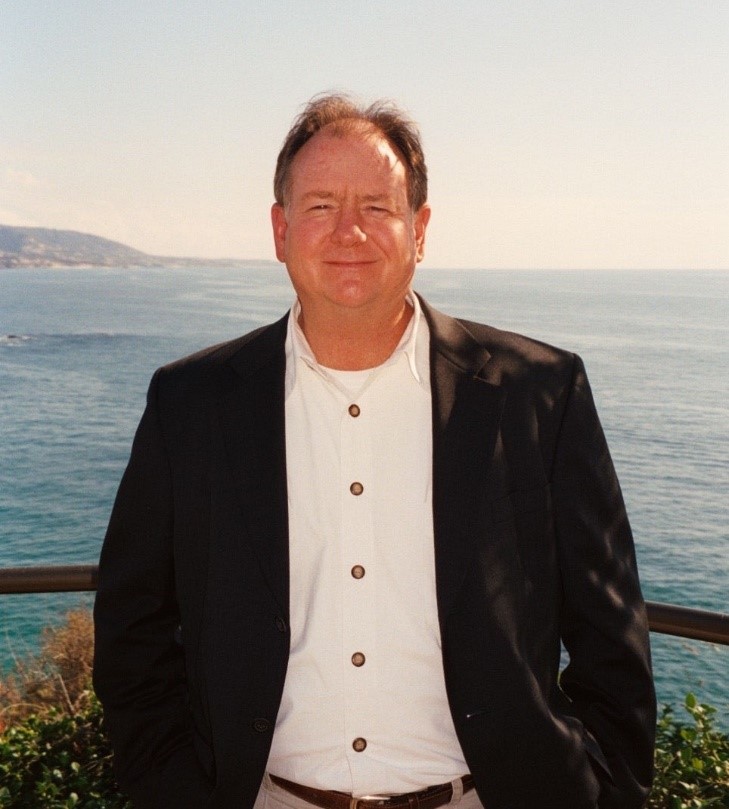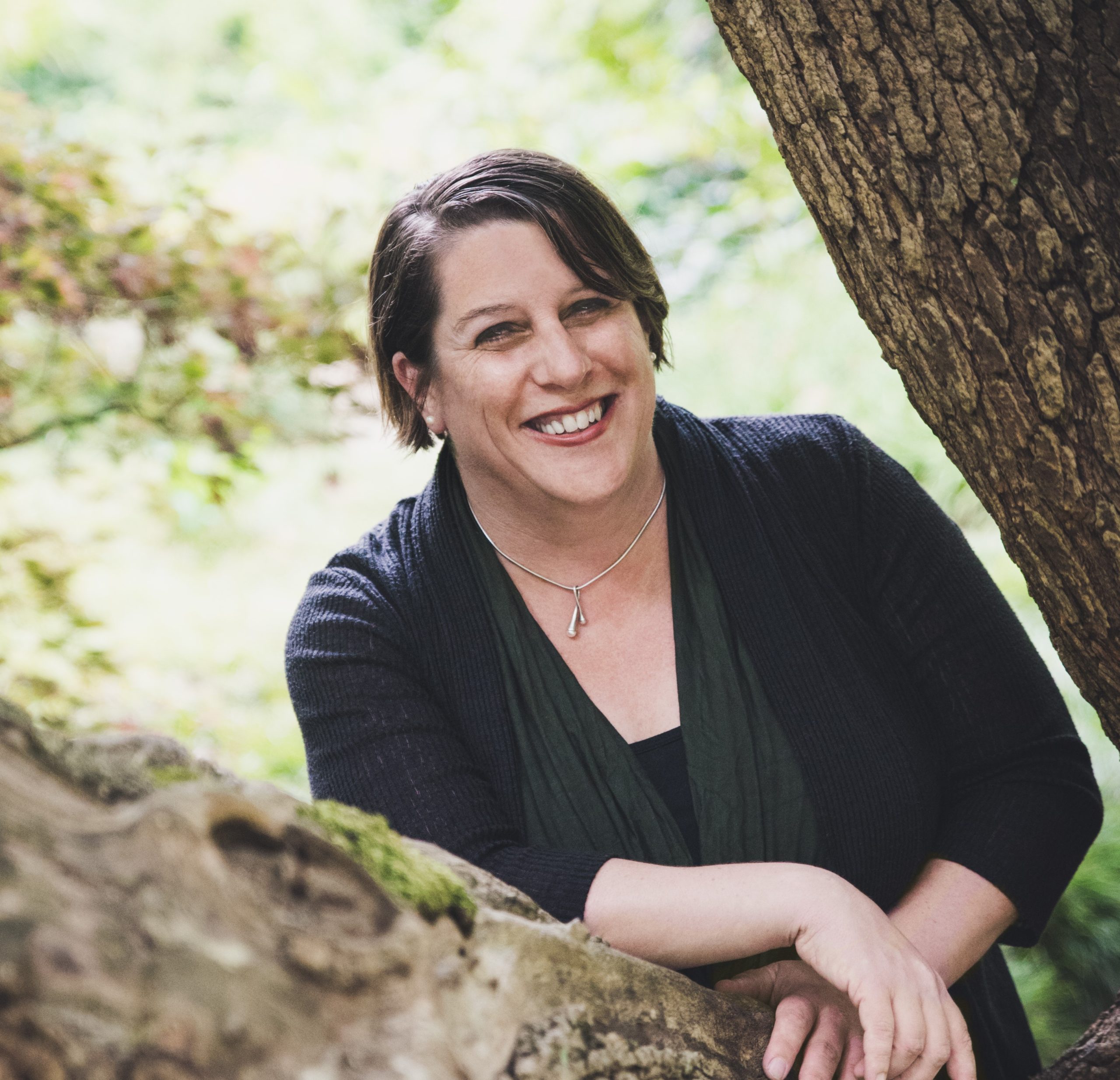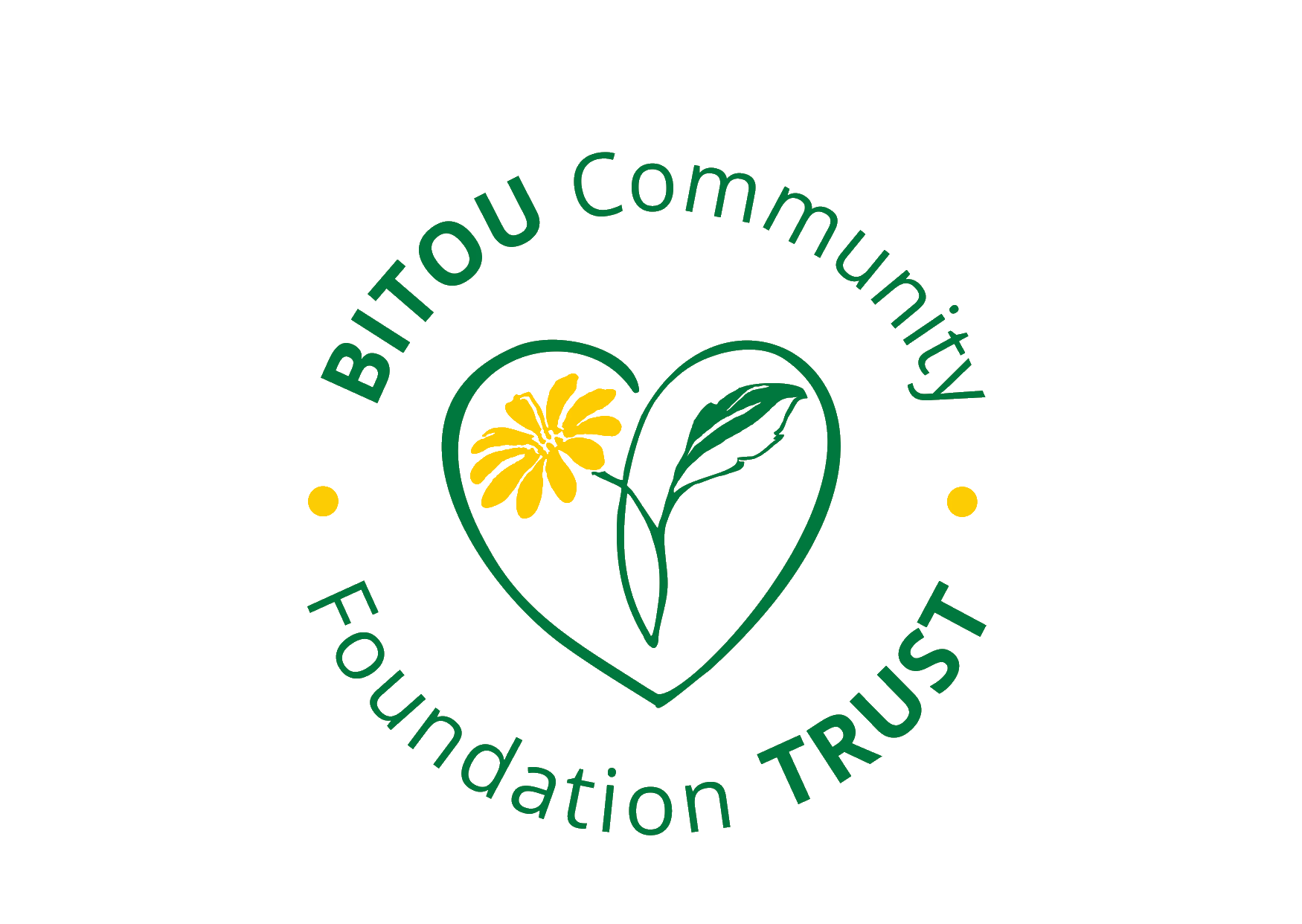Conserving Islands of Coherence in Oceans of Uncertainty: A dialogue ONLINE ON ZOOM
Please join us for a special evening of conversation with environmental philanthropist Beto Bedolfe of the Marisla Foundation, award-winning marine scientist and author of the Shifting Baseline concept, Daniel Pauly, from Oceana and “The Atlas of Disappearing Places” author Marina Psaros
Reflecting on the idea of “Conserving Islands of Coherence in Oceans of Uncertainty”, Daniel, Beto and Marina will explore the delicate balance between coastal conservation corridors and community and offer insights into the innovative approaches being pursued to preserve the interconnectedness of human and environmental health in these rich spaces.
Date: 1st October 2024
Time: 4.30pm UK / 5.30pm SAST / 8.30am PST / 11.30am EST
Location: Online on zoom
RSVP by registering on Zoom here.
The evening is generously supported by Cheetah Plains Private Game Reserve, pioneer of the silent safari and Delaire Graff Wines. Cheetah Plains have gifted a once in a lifetime opportunity to bid for a bespoke experience at their luxury game reserve where you can see the iconic Big Five, Cheetah and African Wild Dog in the beautiful landscape of the Sabi Sand in South Africa.
The auction, in aid of the Bitou Community Foundation Trust, opens on September 1st and closes on October 31st, 2024. All proceeds will benefit the Trust, a registered charity in England and Wales, whose beneficiaries are working to conserve communities and coastal corridors in the Bitou region in the Western Cape of South Africa.

SPEAKER DETAILS
Herbert (Beto) Bedolfe has been the Executive Director of the Marisla Foundation, a charitable foundation based in California, since 1996. In that capacity, Beto has been deeply involved in global marine conservation efforts and environmental health and justice. He has served as Chair of the Board of Directors of Oceana, a leading marine conservation NGO, and was also Chair of the Board of Oceans Five, a funder collaborative. He is currently a board member of Partners for a New Economy, and the Surf Industry Members Association (SIMA). Previously he served as Treasurer on the Board of the Biodiversity Funders Group. Prior to his responsibilities at Marisla, Bedolfe directed programs for the U.S. Agency for International Development (USAID), primarily in West and Southern Africa. Beto has lived in the Cape Verde Islands and Mozambique and, with the World Bank and the US Department of Agriculture, implemented short-term assignments in Guinea Bissau as well as Sao Tome-Principe. Mr. Bedolfe earned his B.A. Degree from Swarthmore College and his MBA from California Lutheran University.

Dr Daniel Pauly is the Sea Around Us Principal Investigator and Killam Professor at the University of British Columbia’s Institute for the Oceans and Fisheries. A French and Canadian citizen, Daniel completed his studies in Germany. His doctorate (1979) and habilitation (1985) are in Fisheries Biology, from the University of Kiel. He has travelled extensively and experienced a multitude of countries, cultures, and modes of exploiting aquatic ecosystems in Africa, Asia, Oceania, and the Americas. This perspective allowed him to develop tools for managing data-sparse fisheries.
Through the 1980s and early 1990s, Daniel Pauly worked at the International Center for Living Aquatic Resources Management (ICLARM), in Manila, Philippines. In 1994, he became a Professor at the Fisheries Centre of the University of British Columbia, Vancouver, Canada, of which he was the Director for five years (Nov. ’03-Oct. ’08). Since 1999, he is also Principal Investigator of the Sea Around Us initiative (see www.seaaroundus.org), funded for 15 years by the Pew Charitable Trusts and devoted to studying, documenting and promoting policies to mitigate the impact of fisheries on the world’s marine ecosystems (see AMBIO, 34: 290-295, 2007).
The concepts, methods, and software that Daniel Pauly co-developed, documented in over 1000 scientific and general-interest publications, are used throughout the world, not least as a result of his teaching a multitude of courses, and supervising students in four languages on five continents. This applies especially to the Ecopath modeling approach and software (www.ecopath.org) and FishBase, the online encyclopedia of more than 35,000 fish species (www.fishbase.org), the latter recently complemented by SeaLifeBase (www.sealifebase.org).
Two books, reflecting his current interests were published in 2010: Five Easy Pieces: Reporting on the Global Impact of Fisheries and Gasping Fish and Panting Squids: Oxygen, Temperature, and the Growth of Water-Breathing Animals. In January 2016, with Dirk Zeller, he published an article titled “Catch reconstruction reveal that global marine fisheries catches are higher than reported and declining”, a summary of what later appeared in the Global Atlas of Marine Fisheries, concluding a decade-long activity of the Sea Around Us.
Daniel Pauly’s body of work has been recognized in various profiles, notably in Science (Apr. ’02); Nature (Jan. ’03); The New York Times (Jan. ’03), in developing countries, and by numerous awards, among them honorary doctorates from four universities, being elected a Fellow of the Royal Society of Canada (Academy of Science; ‘03) and awarded the Sir John William Dawson Medal (‘17); receiving the Award of Excellence of the American Fisheries Society (‘04); the International Cosmos Prize, Japan (‘05), the Volvo Environmental Prize, Sweden (‘06), the Excellence in Ecology Prize, Germany (‘07), the Ramon Margalef Prize in Ecology, Spain (‘08), an Ocean Award in the Science category (‘16); the BBVA Foundation Frontiers of Knowledge Award in Ecology and Conservation Biology, Spain (‘19), the Beverton Medal by the Fisheries Society of the British Isles (‘21), the Tyler Prize for Environmental Achievement (’23) and being named one of France’s Chevaliers de la Légion d’Honneur (‘17).

Marina Psaros is a sustainability expert and has led climate action programs across public, private, and nonprofit organisations for over a decade. She is a co-author (with Christina Conklin) of The Atlas of Disappearing Places: Our Coasts and Oceans in the Climate Crisis (The New Press) and one of the creators of The King Tides Project, an international community science and education initiative. An amateur cartographer and ocean advocate, she lives in the San Francisco Bay Area.

.
Why Attend?
This fireside chat isn’t just a chat. It is a dialogue, an exploration of possible responses, a call to action. Whether you are an environmental enthusiast, a community leader, or someone curious about the interconnectedness of our world, this conversation will stimulate new perspectives into how we can all contribute to conserving coastal corridors and caring for coastal communities.
Beneficiaries:
Proceeds from this event will support The PlettAid Foundation and the Robberg Coastal Corridor Protected Environment. These organisations are dedicated to building compassionate communities and protecting the natural beauty of the Bitou region in South Africa, directly contributing to education, health, wellbeing and conservation.
